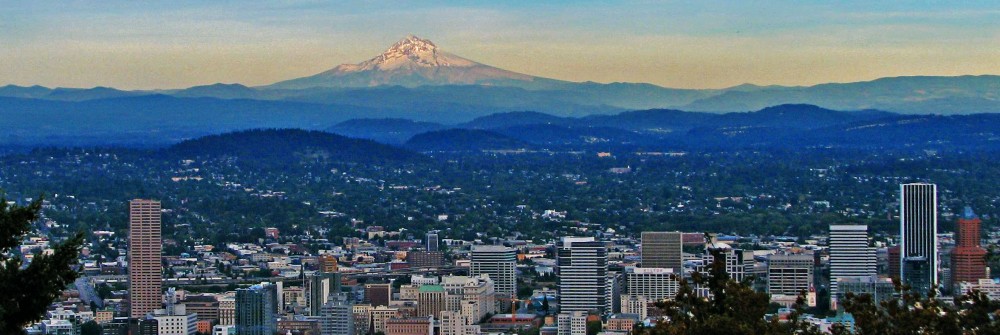“Whether to deplete, maintain, or grow the commons is a major focus of ethical decision making….it creates and reproduces the ‘common substance’ of the community while at the same time making a space for raising and answering the perennial question of who belongs and is therefore entitled to rights of decision” (Gibson-Graham 97).
As referenced above, “the commons” is a term used to describe spaces and resources that are shared by all. One of the ways that we can re-imagine our economy is to re-claim private spaces as the commons. Since their arrival in the US in the mid 1970’s, tool libraries have become common in metropolitan areas, Portland being home to 4 tool libraries open to the public (and one “kitchen tools” library). Not only do these spaces re-claim private and unused spaces as the commons, but they are also based on a politics of possibility, rather than a capitalocentric mindset.
Residents living in participating communities can rent anything from a hammer to an electric lawn mower for free, providing access to tools that might otherwise cost extremely large amounts of money. At most libraries you simply need proof of residence and identification to rent out tools for a week or two at a time. The Lents neighborhood of outer-southeast Portland is the largest neighborhood in town (both spatially and in terms of their population), yet they don’t have a hardware store. When I spoke to an organizer of the library about why they decided to start it she said: “We’re like, screw it, the market isn’t filling our needs so we’re just gonna take care of it ourselves.” So the community has responded the failure of the market by creating their own re-imagined tool shop. One that builds community, expands the commons, and provides access to all.
Community members who have started these tool libraries are intentionally recreating a market and turning it into a space of sharing rather than profit-making. Tool libraries are volunteer run, usually in an otherwise unused space like the basement of a building, a toolshed attached to a church, or even an unused warehouse owned by the city.
For more info on the tool libraries check out their websites here:
Northeast Portland Tool Library
Green Lents Tool Library
North Portland Tool Library
Southeast Portland Tool Library
PS- If you’ve got any ideas for projects, spaces, etc that are examples of a postcapitalist politics, let me know in the comments so I can check them out!
